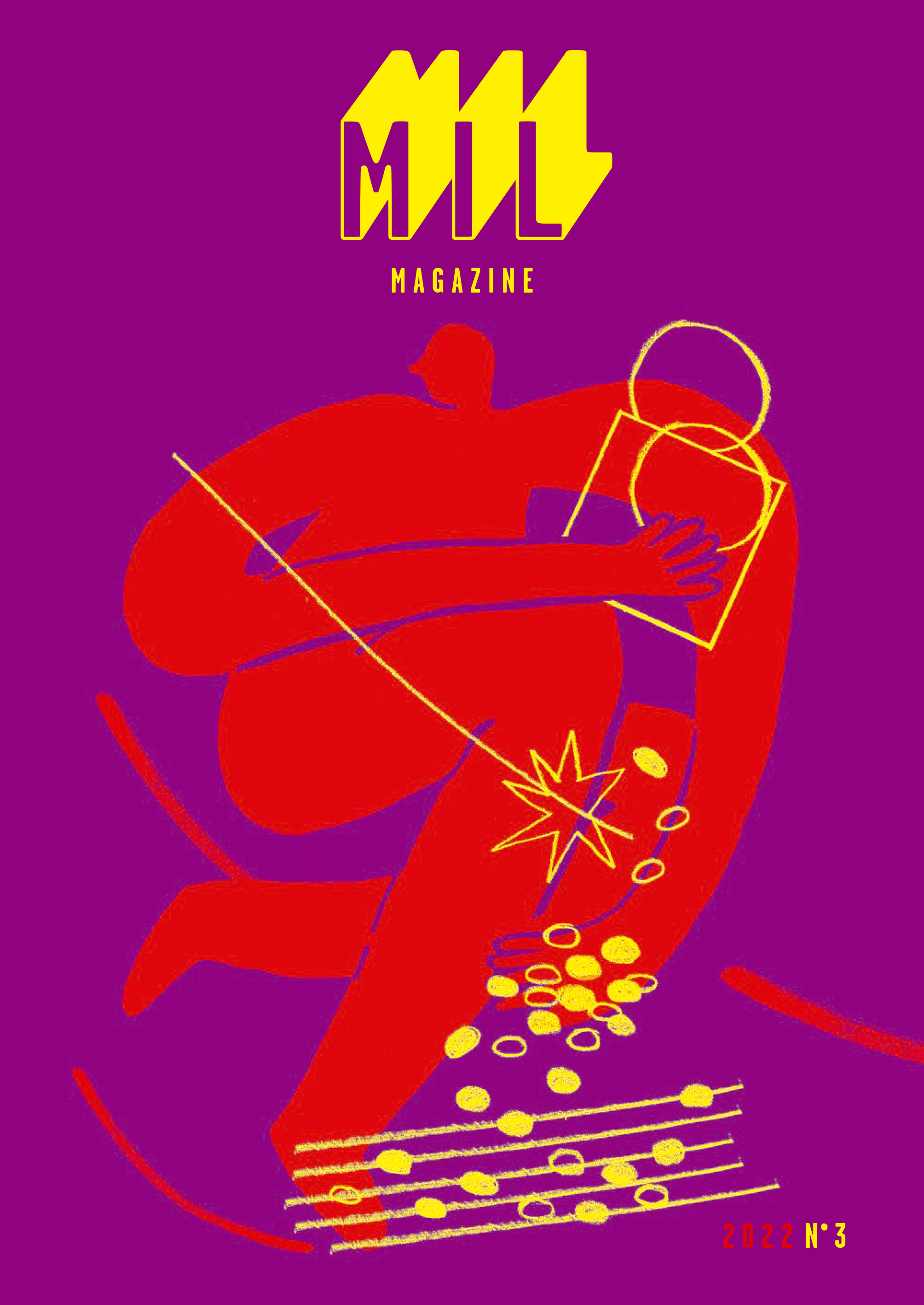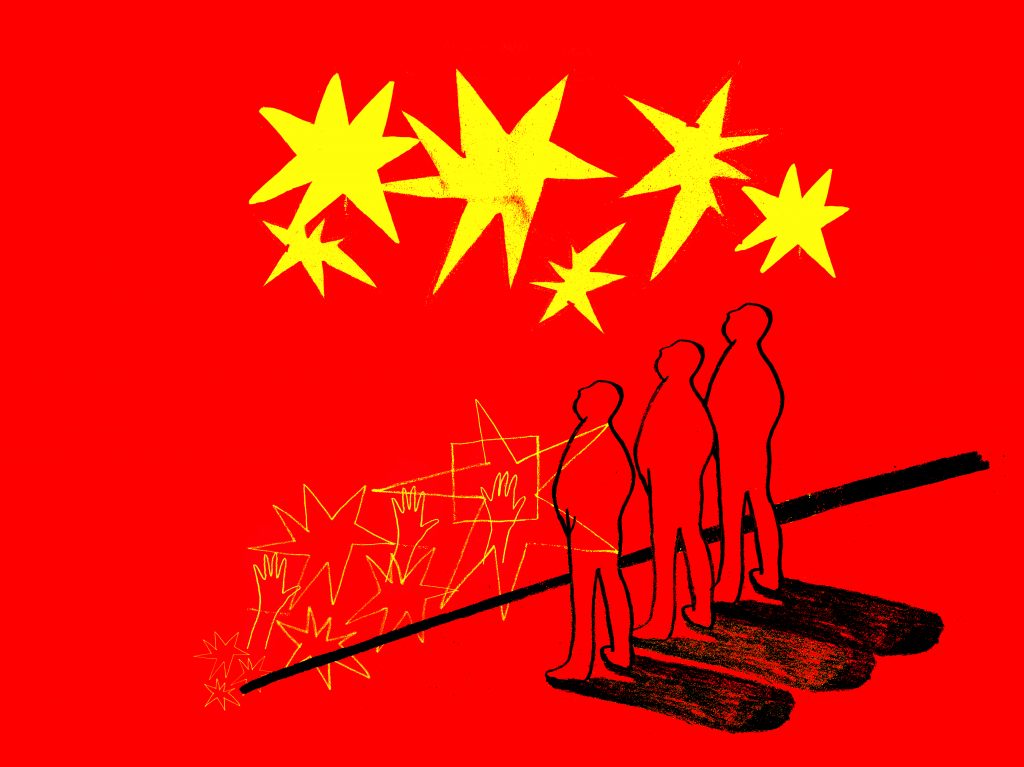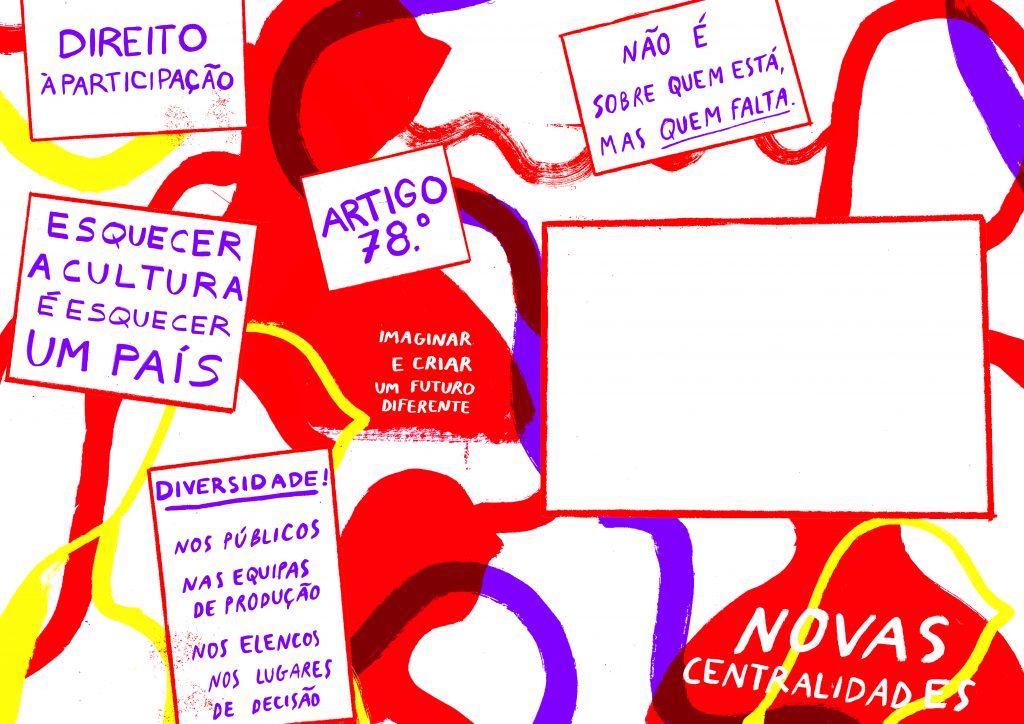ESQUECER A CULTURA É ESQUECER UM PAÍS
Regressámos à vida ao vivo sabendo que não seria a mesma. Não devia ser, pelo menos. Por onde (re)começar?
Barcelona (re)começou por olhar a cultura como um elemento fundamental da cidadania e da vida democrática. A autarquia lançou o ambicioso Plano de Direitos Culturais, em que se propõe, através de medidas governamentais e acções concretas, colocar a cultura no mesmo patamar que a educação, a saúde e a habitação, endereçando as discriminações e desigualdades que perpassam a sociedade.
Mais do que uma flor na lapela dos políticos, mais do que um instrumento de promoção turística, mais do que um privilégio dos mesmos de sempre, tentar torná-la efectivamente transversal e acessível, e assim mais diversa, participativa, transformadora. Quem falta? O que falta? Como desconstruir e reorientar o que entendemos por cultura, sobretudo num período de crise social, política e financeira?
No terceiro número da revista MIL, auscultamos e convidamos quem nos propõe respostas para estas (e outras) perguntas. Respostas multidireccionais, imperfeitas e incompletas, mas que são sem dúvida princípios de mudanças necessárias. Questionamos qual o lugar que a nova música tem actualmente e como salvaguardar as gerações de artistas emergentes, garantindo-lhes o direito a fazer cultura numa indústria cada vez mais omnívora e capitalista. Em contrapartida, olhamos para alternativas: mais locais, mais dialogantes, mais sustentáveis, do Reino Unido ao Sri Lanka, sem esquecer o digital. Como sempre – ou como devia ser -, tudo vai dar à importância das comunidades. As que fazem acontecer e multiplicam encontros. Cá estamos. Recomecemos.
FORGETTING CULTURE IS FORGETTING A COUNTRY
We returned to “live life” knowing it wouldn’t be the same. At least it shouldn’t be. Where to (re)start?
Barcelona (re)started to regard culture as a fundamental element of citizenship and democratic life. The City Council launched an ambitious Cultural Rights Plan based on various government areas and concrete actions. The Plan sets out to position culture on the same level as education, health, and housing, addressing the discriminations and inequalities that permeate society.
More than a feather in politicians caps, more than an instrument of tourism promotion, more than a privilege of the same old same old, it tries to make it effectively transversal and accessible, and thus more diverse, participative, transformative. Who is missing? What is missing? How to deconstruct and reorient what we understand by culture, especially in a period of social, political and financial crisis?
In the third issue of MIL magazine, we listen to and invite those who propose answers to these (and other) questions. Multidirectional, imperfect and incomplete answers but indeed principles of necessary changes.
We question what place new music currently has and how to safeguard generations of emerging artists, ensuring their right to make culture in an increasingly omnivorous and capitalist industry. In contrast, we look at alternatives: more local, more dialogue-based, more sustainable, from the UK to Sri Lanka, not forgetting digital.
As always – or as it should be – everything comes down to the importance of communities. The onesthat make it happen and multiply encounters. Here we are. Let’s start again





